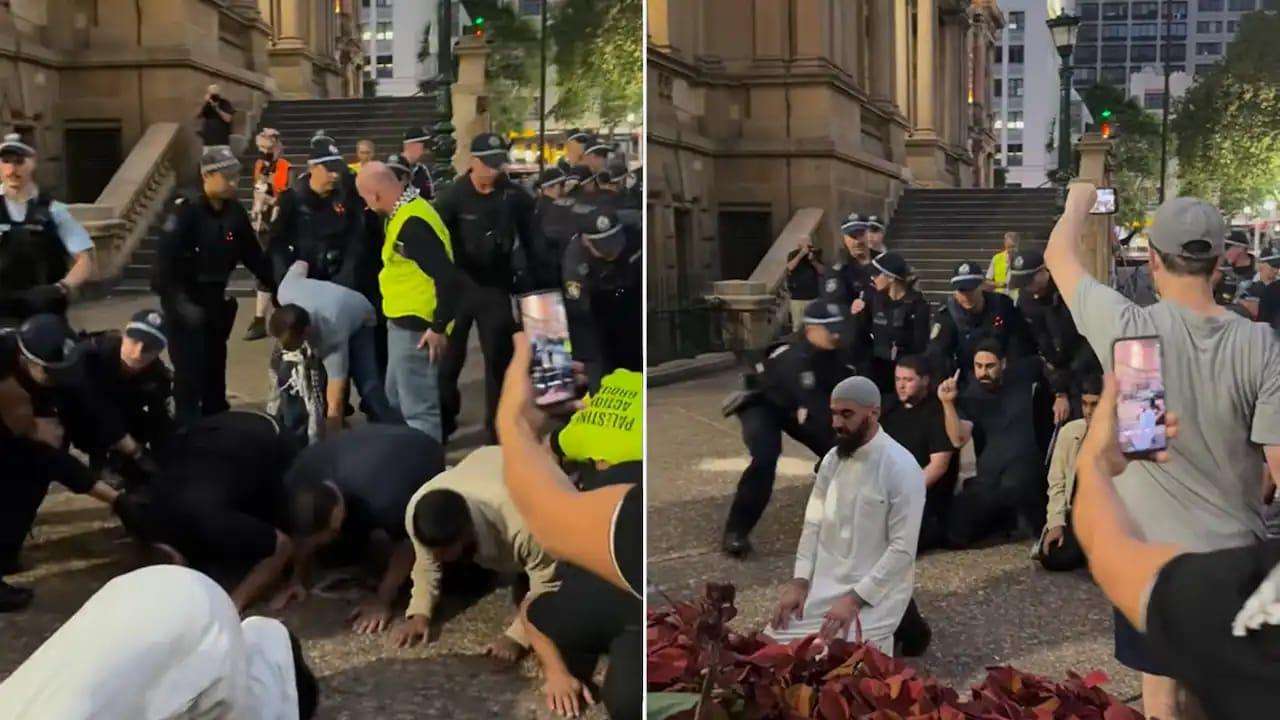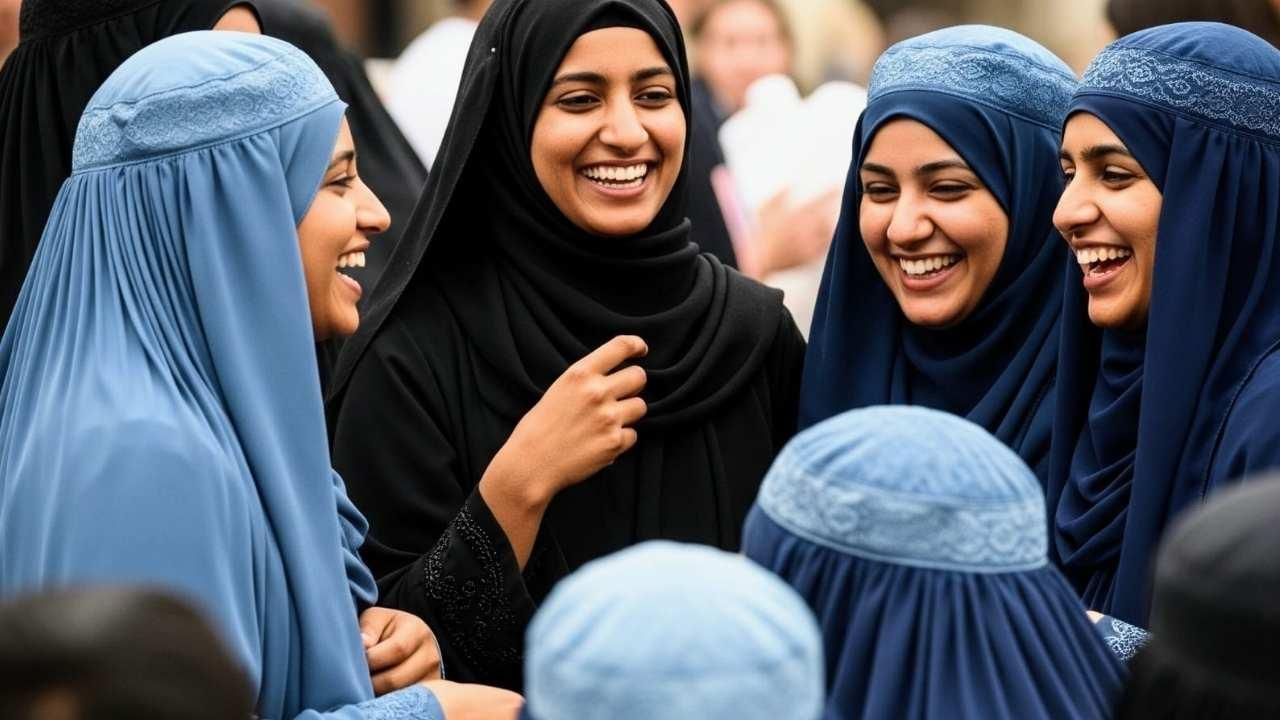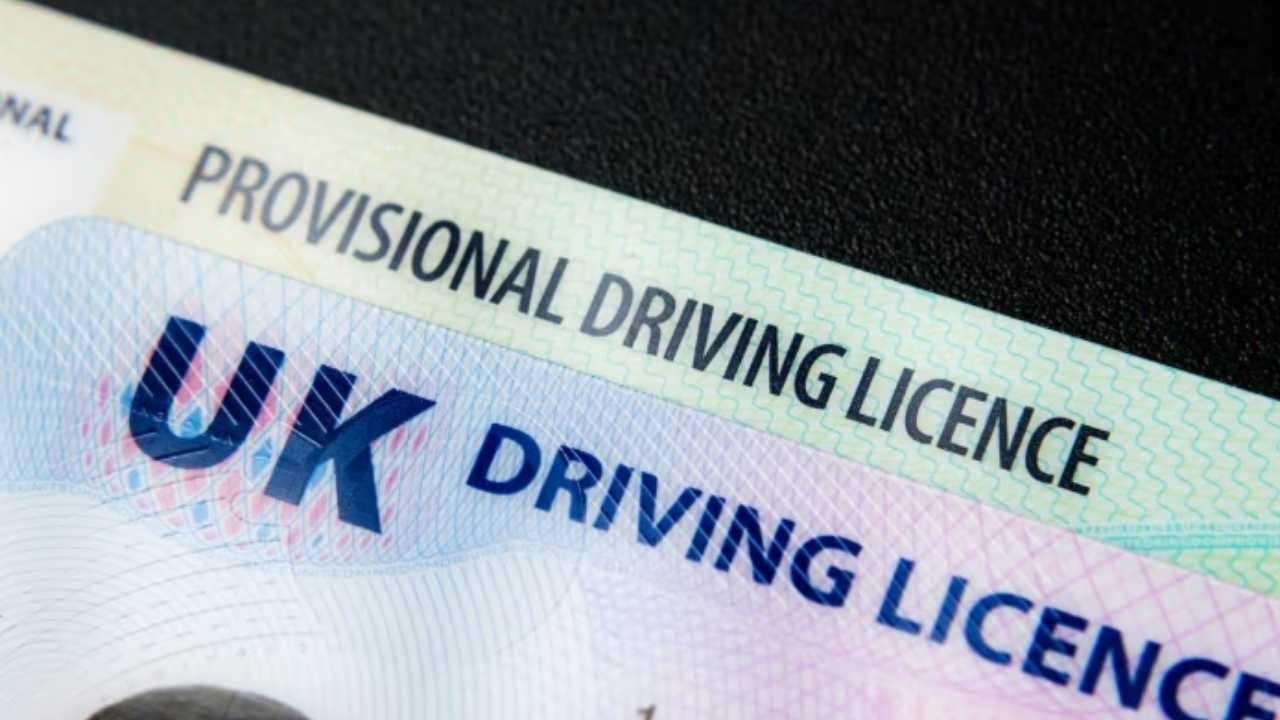As British Muslim communities prepare for Eid al-Adha tomorrow, a deepening sense of anxiety and distress is gripping Muslim women, especially those of British Bangladeshi, Pakistani, and Arab descent. Calls to ban the burqa are gaining traction in Europe and sparking renewed debate in the UK, casting a shadow over this significant holy occasion. The latest development comes from Denmark, where Prime Minister Mette Frederiksen has advocated for extending the country's existing burqa ban to schools and universities, igniting fears among those who view such measures as an infringement on fundamental human rights and a direct attack on their identity and religious freedom.
Prime Minister Frederiksen's assertion on Thursday, June 5, that stricter measures are "required to limit religious symbols and rituals in education," and that "Muslim social control and oppression of women at educational institutions" necessitate such action, has been met with dismay by advocates for religious freedom and women's rights. While Denmark banned burqas and niqabs in public places in 2018, the proposed extension into educational settings marks a significant escalation.
However, the notion that the burqa is solely a symbol of oppression is vehemently challenged by many Muslim women themselves. For a significant number, wearing the burqa or niqab is a conscious, personal choice rooted in their faith, a deeply felt expression of modesty, piety, and identity. It is a decision that reflects their spiritual journey and cultural heritage, not a mandate imposed upon them. Many Muslim women emphasize that their attire is an act of devotion and a way to define their relationship with God, offering a sense of protection and dignity in a world that often objectifies women.
A Global Stance on Human Rights
Amnesty International has consistently condemned such bans, stating unequivocally that they "infringe on a woman's right to choose how she dresses." As far back as 2018, the human rights group declared: "All women should be free to dress as they please and to wear clothing that expresses their identity or beliefs." This stance underscores a crucial principle: genuine empowerment comes from enabling individual autonomy, not from dictating what women can and cannot wear.
The push for wider bans, also echoed by the Danish leader's call for the removal of prayer rooms from educational settings, is seen by many as a dangerous overreach into personal religious practice, furthering a narrative that equates religious observance with societal threat. "You're welcome to have your religion, but when you're at school, you're there to be at school and take part in your education," Frederiksen stated, a sentiment that many British Muslims find dismissive of the integral role faith plays in their lives and identities, even within educational environments.
Heightened Pressure on a Holy Occasion
For Muslim women in the UK, particularly those from British Bangladeshi, Pakistani, and Arab backgrounds, the news from Denmark amplifies pre-existing anxieties. Many speak of feeling increasingly marginalized and misunderstood in a society where their chosen attire is often politicized and scrutinized. The very public debate around the burqa, they say, fuels Islamophobia and contributes to a climate of fear and suspicion. The timing, just before Eid al-Adha, adds an extra layer of emotional burden.
"It's incredibly stressful," says Ayesha Khan, a British Pakistani student in London. "Every time I hear about these bans, I wonder if it will be my turn next. My niqab is part of who I am; it's how I express my devotion. To have that threatened, to have people assume I'm oppressed because of it, is deeply upsetting and frankly, discriminatory. Especially now, right before Eid, it feels like our choices are under even more scrutiny."
Fatimah Ali, a British Bangladeshi teacher from Birmingham, echoes these concerns. "There's a constant underlying anxiety. Will I be able to walk freely without harassment? Will my daughters be denied opportunities because of their choice to wear a hijab or a niqab? These debates create a hostile environment where our religious identity is seen as a problem, not a right. It makes celebrating Eid with joy much harder when you feel this pressure."
This sentiment is shared by many Arab Muslim women in the UK, who feel that their choices are being stripped away by legislative actions. "It's not about public safety," says Sarah Hussein, a British Arab lawyer. "It's about controlling women and alienating a minority. When a ban is introduced, it sends a clear message that our presence, and our beliefs, are unwelcome."
UK Debate Continues
The debate has indeed crossed the English Channel. Newly-elected Reform UK MP Sarah Pochin, in her maiden Prime Minister's Questions on Wednesday, June 4, directly asked Prime Minister Sir Keir Starmer to consider a ban, citing the examples of France, Belgium, Austria, and now Switzerland, which introduced its prohibition on January 1 this year. Pochin's question, which triggered visible disquiet and cries of "shame" from other MPs, highlights the growing pressure on the UK government to address the issue. Sir Keir Starmer, however, declined to engage with the question, pivoting instead to a critique of Reform UK's economic policies.
Despite some political posturing, many within the UK remain committed to upholding religious freedom and the right to individual choice. The anxieties and stress experienced by British Muslim women are a stark reminder that legislative decisions on attire have profound real-world consequences, impacting not just religious practice but also mental well-being, social inclusion, and the fundamental right to self-expression. The continued insistence by human rights organizations like Amnesty International on protecting the right to choose how one dresses remains a vital counterpoint to the growing trend of burqa bans across Europe.
Related News: Reform UK's Muslim Chairman Zia Yusuf Resigns Amidst Burqa Row








.svg)

.jpg)

